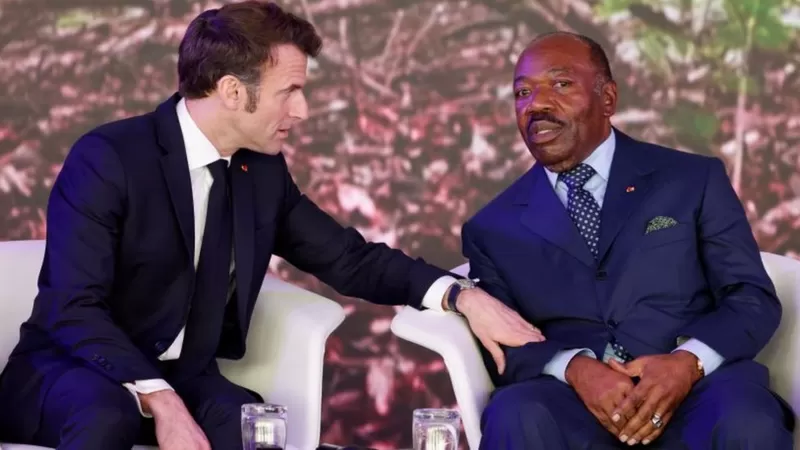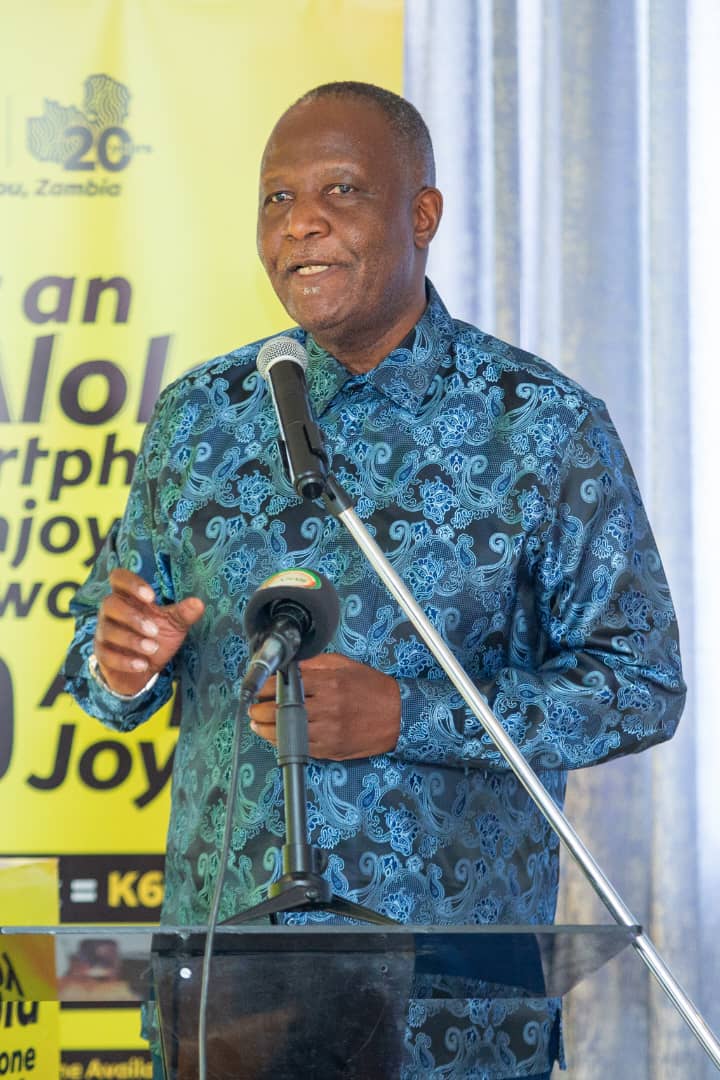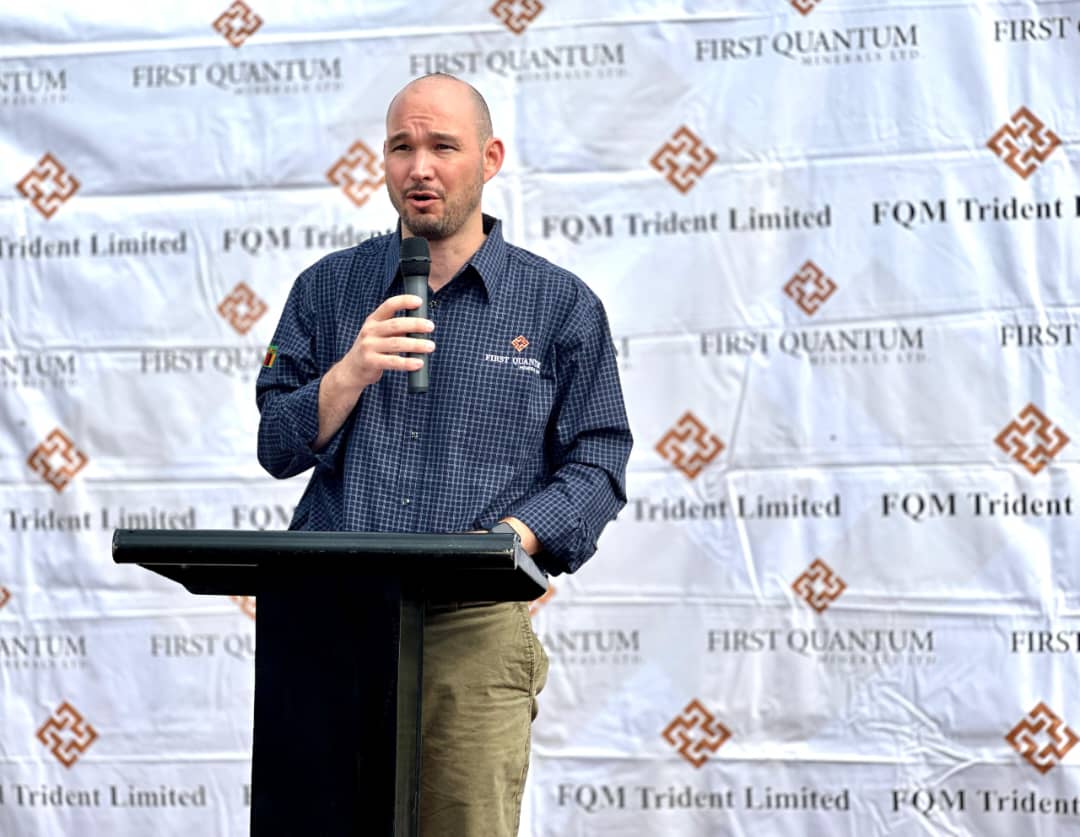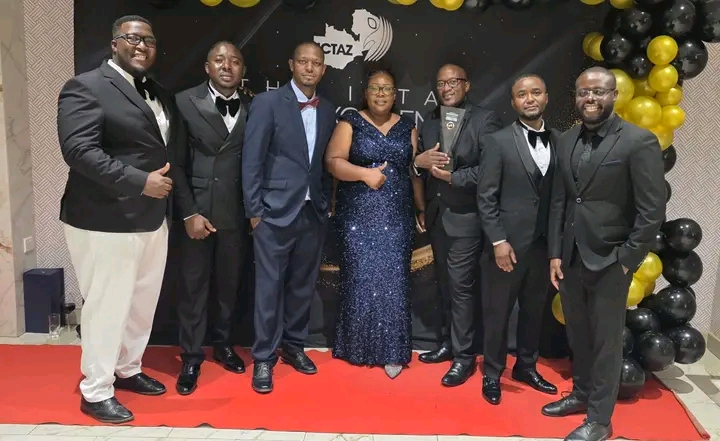Libreville, Luanda, Brazzaville, Kinshasa – France’s President Emmanuel Macron is on a whirlwind tour of African capitals as he tries to shift French policy on the continent away from military involvement.
He can hardly be accused of ignoring Africa – this is his 18th presidential trip – but this comes at a time of ever-increasing competition from China and Russia, and growing resentment of the close economic ties between France and its former colonial, which some see as a form of continued exploitation.
And he insists that he will come back, again and again, to a continent that he regards as a crucial partner for Europe in tackling major global issues over the decades ahead.
Although Ukraine inevitably dominates the international diplomatic agenda, Mr Macron believes that Paris and Brussels cannot afford to neglect Africa. It presents challenges and huge development opportunities, with a youthful dynamism that, he argues, will be a huge contributor to Europe’s own future growth.
France’s president is also acutely aware of how other nations are seeking to extend their own influence south of the Sahara.
Russia, hoping to rebuild the influence it had lost since the Cold War decades, is offering security support to governments that feel under threat or isolated from the international mainstream: mercenaries from the Kremlin-linked military contractor Wagner are now operating in Mali and the Central African Republic, where they have been accused of human rights abuses.
China is a massive funder and builder of infrastructure, albeit on terms that Mr Macron fears could trap some countries in debt crisis. Turkey and India are increasingly active too.
And across the region, popular anti-French sentiment is fanned by lively social media messaging to which Paris has so far found no effective response.
In a lengthy speech on Monday evening, to prepare the ground for his latest tour, the president reasserted his own strategy to sustain a role for France in this increasingly competitive arena. It was a message addressed both to Africans and to his own domestic audience.
He does not think the French should try to match the Russian security effort by re-expanding its own military presence to match what Moscow offers.
In any case, that would hardly be an option when Paris has been forced to pull its troops out of Mali and Burkina Faso, where the military juntas now in charge are seeking to distance themselves from the former colonial power in both countries.
Instead, he aims to re-orient French support to focus more on training and technical back-up for African armed forces, with troop numbers reduced and programmes of military collaboration tailored to the specific requests of individual countries.








